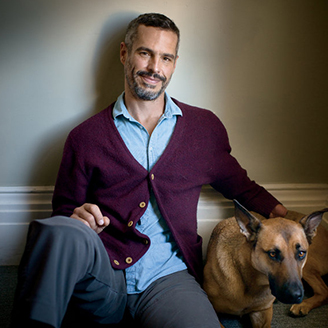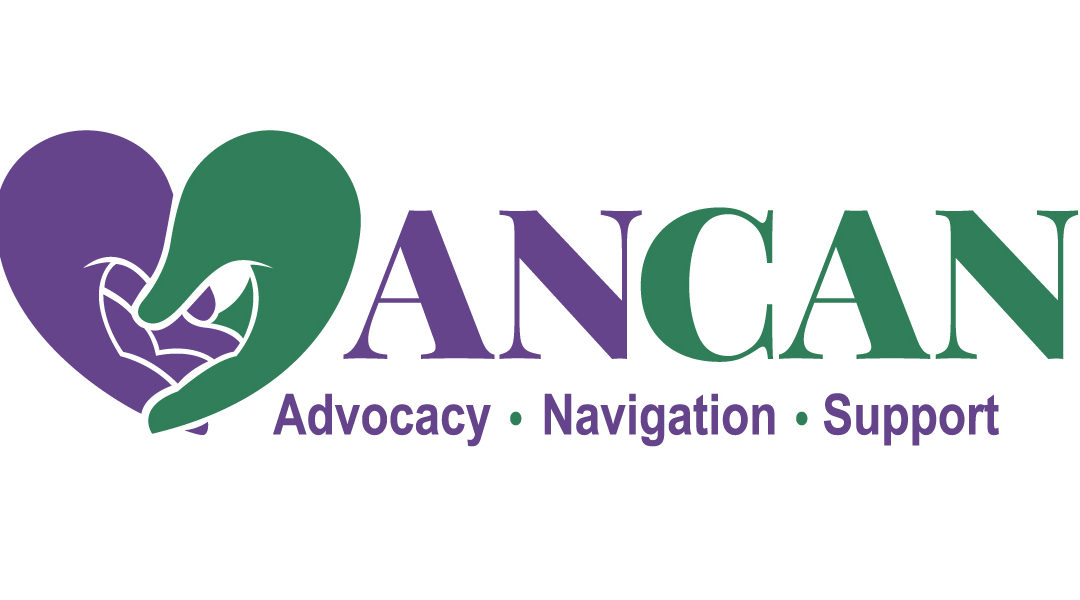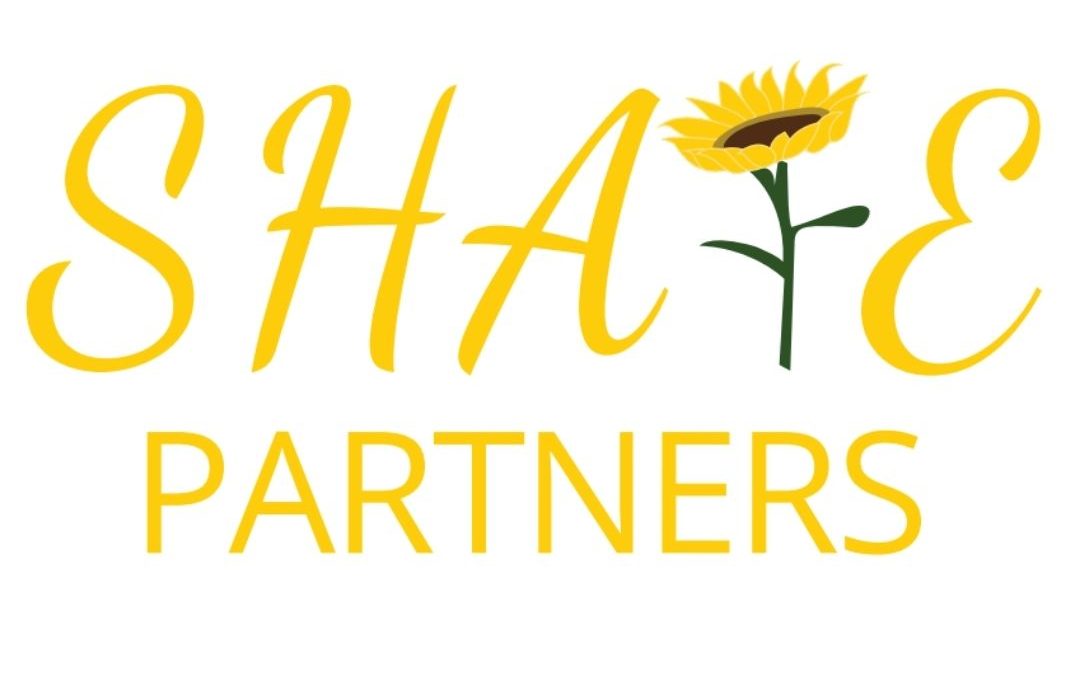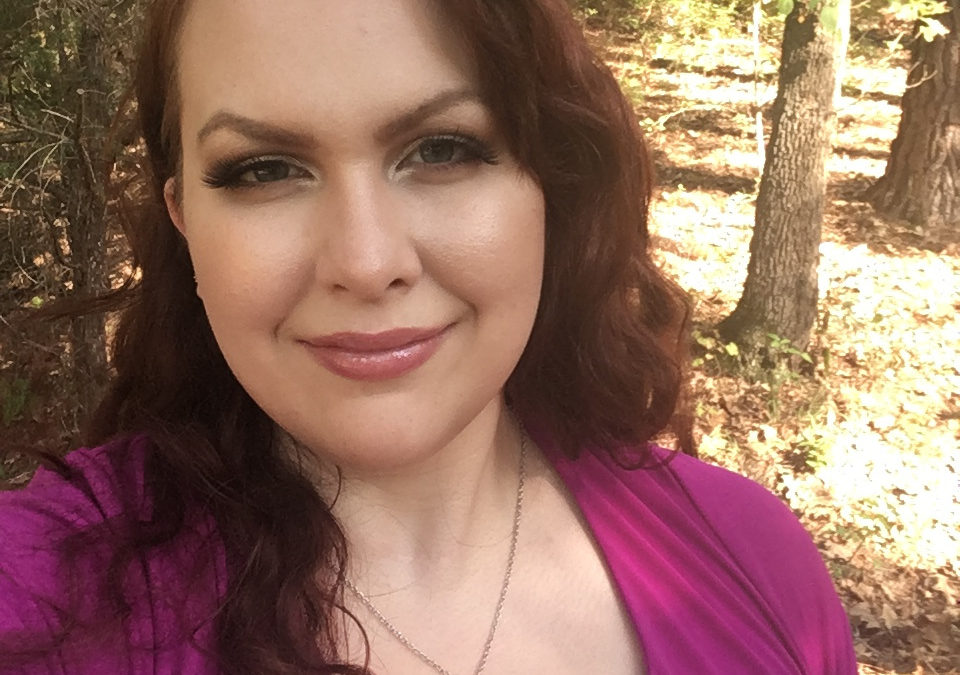
by Rick Davis | Feb 10, 2021 | Advocacy, Blood Cancers, Brain Tumors, Cancer Caregivers, Cancer Resources, Health Resources, hospice and palliative, Maui, mCRPC, MedaFit, Men 'Speaking Freely', Men's Breast Cancer, Multiple Sclerosis, nmCRPC, Nutrition, Ovarian Cancer, Prostate Cancer, Recent News, RMC, Sarcoidosis, Thyroid Cancer, Webinars, Women's Breast Cancer
Dr. B.J. Miller’s Prognosis Declaration Can Revolutionize the Quality of Your Treatment Path
One of the most compassionate, influential and remarkable docs I have had the great fortune to encounter since I got into this biz, is Dr. BJ Miller. We are honored to have BJ on our Advisory Board, and while we rarely speak live, I consider him a friend.
More significantly, a couple of men lost to this disease who I have known well, welcomed BJ to their medical teams …. and he made a huge difference to them. In a recent webiinar “Making Medical Decisions”, BJ shared a revolutionary document with us ….BJ’s Prognosis+Declaration
All too often medical teams put their foot in their mouth …. and sometimes unwittingly yours, when they provide an unrequested prognosis for your situation. Some may want to know how serious their disease is .. or how long they have to live; others frequenbtly do not. The Prognosis Declaration offers four (4) options from knowing everything to knowing nothing, or maybe having your caregiver know but not you. You determine what you want to hear, and you give the Prognosis Declaration to your medical team upfront ….. brilliant! The form was developed by one of BJ’s patients who lost his wife to cancer.
The whole webinar, Managing Your Medical Decisons, can be heard here – it’s truly worth a listen.
Dr. Miller, btw, now runs his own non-profit organization The Center for Dying and Living. For many years he has been on the clinical and teaching faculty at UCSF. BJ’s remarkable TED Talk, ” What Really Matters At THe End of Life” now boasts over 12 million views.

by Alexa Jett | Jan 27, 2021 | Cancer Resources, Blood Cancers, Cancer Caregivers, Health Resources, Men 'Speaking Freely', Men's Breast Cancer, Multiple Sclerosis, Ovarian Cancer, Prostate Cancer, RMC, Sarcoidosis, Thyroid Cancer, Women's Breast Cancer
If you’ve ever come to one of our Virtual Support Groups, you’ve probably heard “be your own best advocate“! It is a favorite mantra of Rick’s, and I’m happy to report it’s rubbed off on me as well. That driving philosophy inspires us to provide information via our groups, webinars, and this blog.
We came across a great blog post by our friends at CancerConnect that does just that. C.H. Weaver M.D wrote a phenomenal piece titled “An Oncologist Explains “Routine” Blood Tests Performed in Cancer Patients“. It has everything from CBC (Complete Blood Count) to more specialized tests like PT (Prothrombin time) and Ferritin. I love how simple Dr. Weaver explained things, and provided images too. As a visual learner, it was great to see examples.
YOU are a very important part of your care team, and I’m certain this will help empower you even further when you get your lab results back.
May all your lab draws be quick, painless, and easily understood!

by Alexa Jett | Jan 21, 2021 | AYA, Blood Cancers, Brain Tumors, Cancer Caregivers, Cancer Resources, Men 'Speaking Freely', Men's Breast Cancer, Multiple Sclerosis, Ovarian Cancer, Prostate Cancer, RMC, Sarcoidosis, Thyroid Cancer
At our last Cancer Caregivers Virtual Support Group meeting, Wendy Garvin Mayo, APRN, RN brought a wonderful resource to our attention!
Ho’oponopono – is a Hawaiian practice of reflection and forgiveness. On Saturday, January 24rd at 11am EST, Cindy Cooley Brockway and I are hosting a second Morning Shared Journaling Experience that is a reinterpretation of this beautiful practice.
”I’m sorry. Please forgive me. Thank you. I love you.” Gentle, cleansing, creative and refreshing.
Hope you can join us: click the link to join https://us02web.zoom.us/j/89798556209
I’m certain this is a can’t miss event for healing. Thank you so much that you do for our community, Wendy!
For information on our peer-led video chat CANCER CAREGIVERS VIRTUAL SUPPORT GROUP, click here.
To SIGN UP for the Group or any other of our AnCan Virtual Support groups, visit our Contact Us page

by Rick Davis | Jan 10, 2021 | Recent News, Advocacy, AYA, Blood Cancers, Brain Tumors, Cancer Caregivers, Cancer Resources, Health Resources, Maui, mCRPC, Men 'Speaking Freely', Men's Breast Cancer, Multiple Sclerosis, nmCRPC, Nutrition, Ovarian Cancer, Prostate Cancer, RMC, Sarcoidosis, Thyroid Cancer, Women's Breast Cancer
Our Board Chair and long time moderator, Peter Kafka, tells us how he fortuitoulsy got his Covid vaccination last week. For the first time, Peter adds the High Risk/Recurrent//Advanced Prostate Cancer Group to his Moderation repertoire this week.
POKEY MAN
i just returned this morning from getting my initial Covid-19 Moderna vaccination. Happy to report that it was an uneventful event. My anxiety level was increasing in recent days as our positive cases began to tick up considerably out here on little Maui in the middle of the Pacific ocean. Information here is slow to filter down and when I inquired about the shot I was tole that it would be some time in April or May since I was not yet 75 years old. Then, I got a surpise call from the Pacific Cancer Foundation which I volunteer for in a support and advocacy capacity and they told me that they could get me into their priority group today.
I am certainly not bragging about the above, but I mention it because there was absolutely no hesitation or concern in me about going forward with the vaccination. In the past 7-years I have been poked and scoped and proded more times then I can count. This kind of comes along with signing up for medical treatment for advanced prostate cancer. I understand that there may be as many as 40% of Americans who may decline getting a Covid-19 vaccination according to polls and predictions. And this is a personal choice in our society. But I doubt that those of us who find ourselves in this subset of Prostate Cancer guys would be so reluctant.
Over the years I have met men who chose not to enter into any kind of treatment for their more advanced prostate cancer diagnosis. Some of these men are still around and others not. I always wrestle with what my role is in this decision. I can encourage, I can strongly suggest that someone at least consult with a doctor who might be more pursuasive than me, and most of all I can point to myself as an example of a man who has not suffered from a host of medical treatments thus far. But in the end everyone must live or not with the decision they make.
The other day we had an AnCan Webinar with Dr. Jonathan Epstein, the go-to pathologist at Johns Hopkins for second opinions. He mentioned that he does actually consult with some of the men who reach out to him. This brought a smile to my face when I recalled a good friend who was leaning toward his own alternative treatments for his GL-4+3 diagnosis. I encouraged him to get a second opinion from Dr. Epstein. On his own he called the office and Dr. Epstein listened politely for 10 minutes while my friend described his alternative treatment protocol. Dr. Epstein responded, “That is all fine and good and you can continue with that protocol but you need to know that without medical intervention this disease can kill you!” That was all it took, a few weeks later he was getting radiation and he is doing fine and we are best of friends.

by Rick Davis | Dec 21, 2020 | Advocacy, Blood Cancers, Brain Tumors, Cancer Caregivers, Cancer Resources, Men 'Speaking Freely', Men's Breast Cancer, Ovarian Cancer, Prostate Cancer, Recent News, RMC, Thyroid Cancer
Almost 18 months ago, AnCan was honored to host a fascinating, thought provoking webinar titled ‘The Language of Cancer’. To save repetition, click on this link to learn exactly what that means. Essentially we are speaking about how cancer patietns refer to themselves, and how the medical world may employ language that is unintentionally insulting.
By way of example, a doc often say a patient has failed a drug ……. NO, the patient hasn’t failed the drug – the drug has failed the patient!
Just the past week, when we were discussing this very webinar and topic in one of our virtual groups, one of our webinar panelists published a new article on the same old topic in Psychology Today, Prof Jamie Aten is the Founder of the Humanitarian Disaster Institute at Wheaton College, where he also teaches psychology. He has also lived with Stage 4 colon cancer diagnosed 7 years ago, though, thankfully, Jamie is currently NED – No Evidence of Disease.
If you live with cancer or are a caregiver, it’s almost certain you’ll have an opinion on this topic. We welcome your response if you’d like to write your own blogpost!

by Alexa Jett | Dec 10, 2020 | Advocacy, AYA, Blood Cancers, Cancer Resources, Men 'Speaking Freely', Ovarian Cancer, RMC, Thyroid Cancer
On Saturday, December 5th I had the amazing honor of not only being around amazing people, but I got to do it all proudly representing AnCan as well! I attended the Pushing Past Cancer: Stronger Together Virtual AYA Summit presented by UCLA Health AYA Cancer Program, UC Davis Comprehensive Cancer Center, and Stupid Cancer.
AYA stands for Adolescent and Young Adult in the cancer community, and I hope the terminology will extend in all of medicine. The age range is typically around 15-39, but up to 45 is being more widely accepted now. Our population has a lot of specific issues that pediatric and adult sides of oncology can’t fully reach. Dating, fertility, sexual health, work, college, and mental health are big concerns in our community.
I really enjoyed the conference tackling these issues in a way that’s comfortable for us. My favorite webinar was “Mental Health After Treatment” with Dr. Valentina Ogaryan (Licensed Clinical Psychologist at UCLA Simms Mann Center for Integrative Oncology). She talked about how important support is at any part of a cancer diagnosis. A neat term she used was “the support squad” (which is a great shout out to millennials!), and explained what yours could look like.
One of the closing panels about “What I’d Wish I’d Known…” was just incredible. To hear my peers voice the same feelings I had, and continue to have, was affirming and encouraging. No matter what the diagnosis, we still share similar anxieties and experiences.
An awesome highlight of the day was my team (The Orange Blossoms, because we all had a connection to the color orange, mine is my hair color!) won second place at the trivia after party. Fun fact: a lot of us here at AnCan love trivia games, and I had a lively conversation with Rick and Kim Stroeh about it. An AnCan trivia night would certainly be filled with stiff competition.
We currently have peer support groups for many of the AYA cancer’s present at the conference, Blood Cancer, Ovarian Cancer, Thyroid Cancer, Renal Medullary Carcinoma, Men’s Breast Cancer, and the additional support groups for Caregivers and Men Speaking Freely, we’re always expanding until we hit our mission of providing barrier-free support, no matter where you are!
Stay tuned, because we will be offering even more support for AYA’s in the upcoming year. We have lots of great things in the works, and I can’t wait to share them with you. We’d love to be a member of your support squad.




